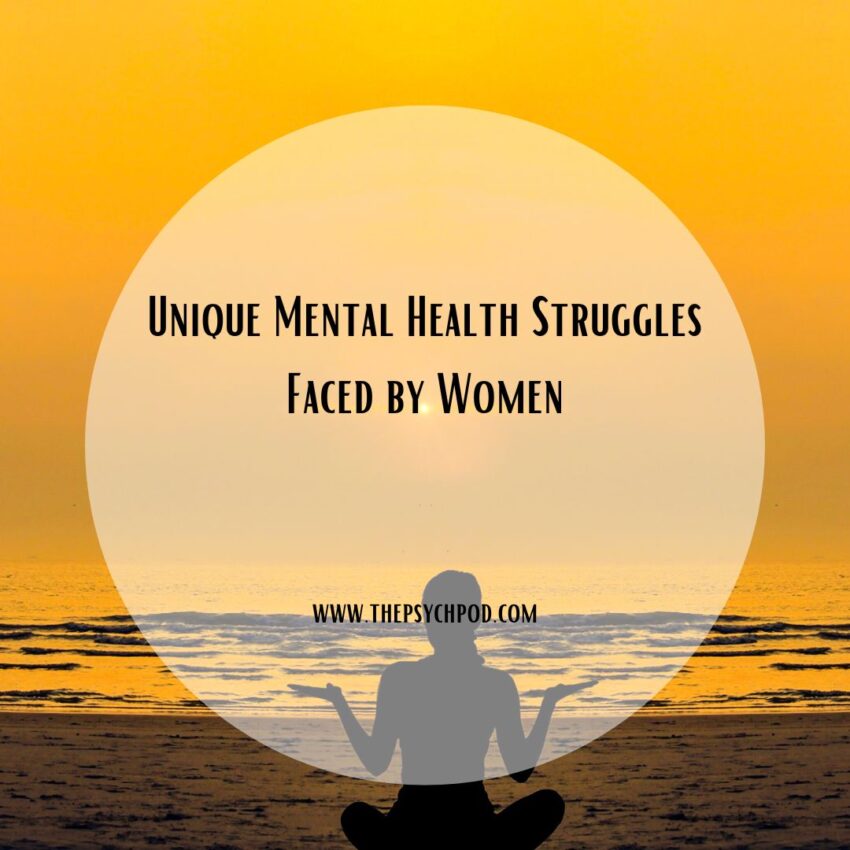It is officially March which kicks off women’s history month. This month we will be focusing on the unique mental health struggles faced my women. Mental health is a multifaceted aspect of well-being that affects everyone regardless of gender. However, women often encounter a distinct set of challenges that stem from societal expectations, biological factors, and cultural norms. Understanding these unique struggles is crucial for fostering empathy, support, and effective interventions. Here are some of the distinctive mental health issues that women commonly face:
Gender-Based Violence and Trauma: Women are disproportionately affected by various forms of violence, including domestic abuse, sexual assault, and harassment. These traumatic experiences can lead to post-traumatic stress disorder (PTSD), anxiety, depression, and other mental health disorders.
Pressure to Conform to Societal Expectations: Society often imposes unrealistic standards of beauty, success, and behavior on women. The pressure to fulfill these expectations can contribute to body image issues, low self-esteem, and feelings of inadequacy, leading to anxiety and depression.
Hormonal Changes and Reproductive Health: Women experience hormonal fluctuations throughout their lives, particularly during puberty, menstruation, pregnancy, and menopause. These hormonal changes can impact mood regulation and exacerbate symptoms of mood disorders such as depression and anxiety.
Balancing Multiple Roles: Women often juggle multiple roles and responsibilities, including caregiving, parenting, pursuing a career, and managing household duties. The constant struggle to maintain a work-life balance can result in chronic stress, burnout, and feelings of overwhelm.
Stigma Surrounding Mental Health and Help-Seeking Behavior: Despite progress in mental health awareness, stigma still surrounds discussions about mental illness, particularly for women. Cultural and social norms may discourage women from seeking help due to fear of judgment, discrimination, or the perception of weakness.
Reproductive Challenges and Fertility Issues: Women facing challenges related to fertility, pregnancy loss, infertility treatments, and pregnancy complications often experience profound emotional distress, grief, and feelings of loss. Coping with these experiences can take a toll on mental health and well-being.
Intersectionality and Marginalization: Women from marginalized communities, including those who are LGBTQ+, women of color, immigrants, and those with disabilities, face intersecting forms of discrimination and marginalization that can exacerbate mental health disparities and access to care.
Acknowledging and addressing these unique mental health struggles is essential for promoting gender equality and improving the well-being of women worldwide. It requires creating supportive environments, challenging harmful stereotypes, advocating for inclusive mental health policies, and ensuring accessible and culturally sensitive mental health services for all women. By prioritizing women’s mental health needs, we can move towards a more equitable and compassionate society where every individual can thrive.
Dr. Velmi, Psy.D.
